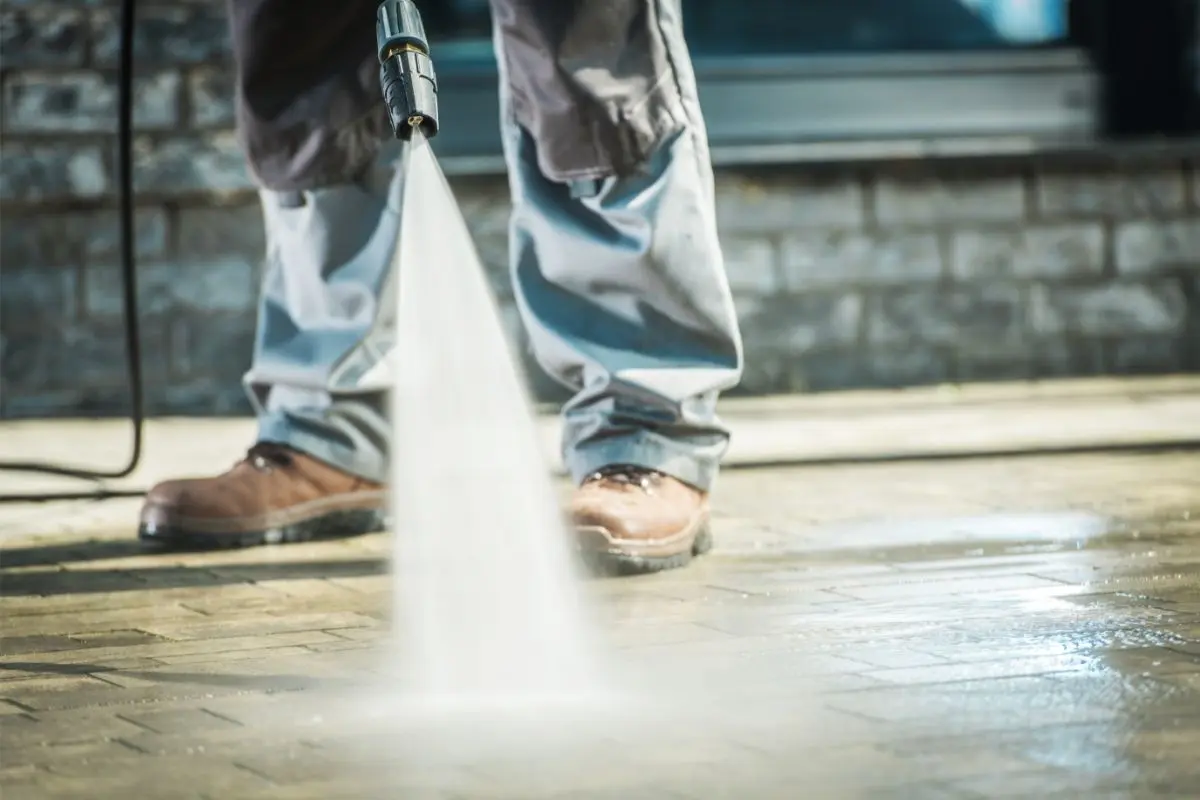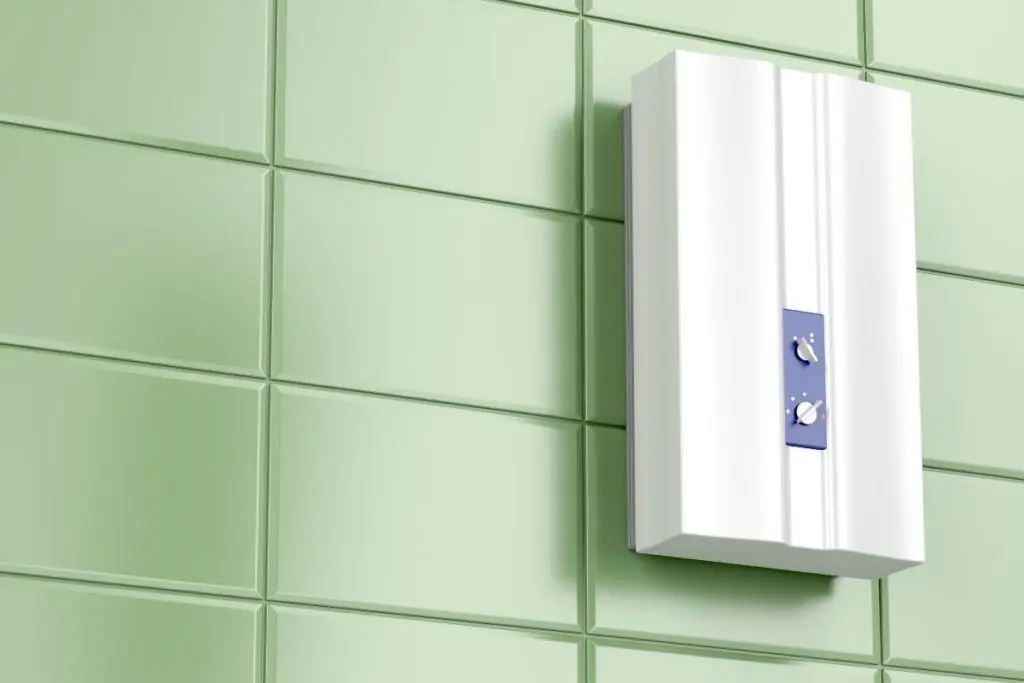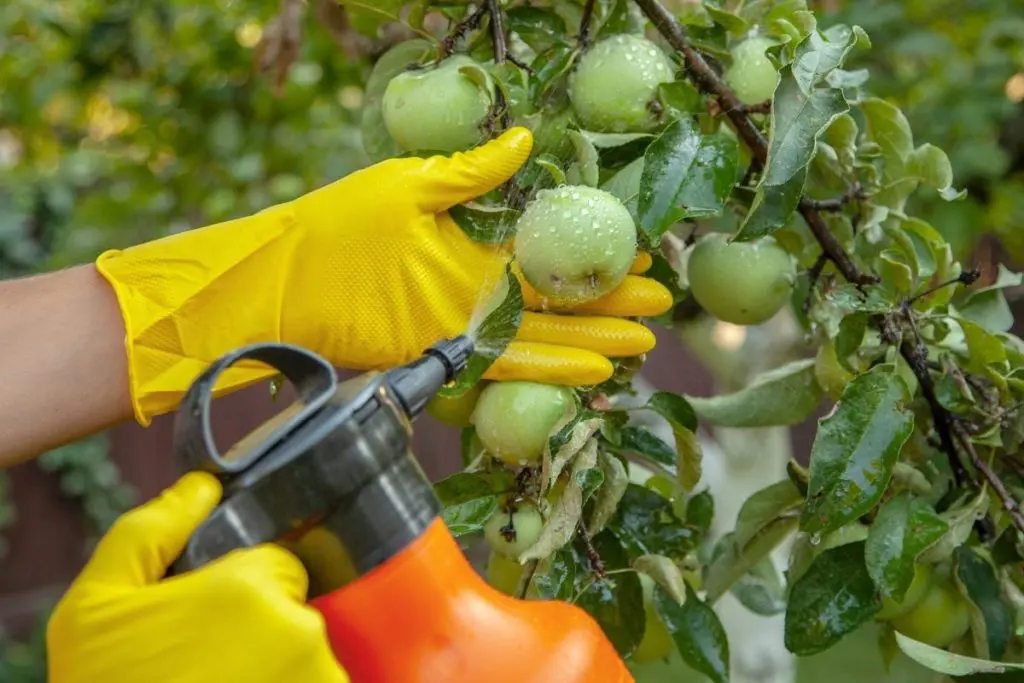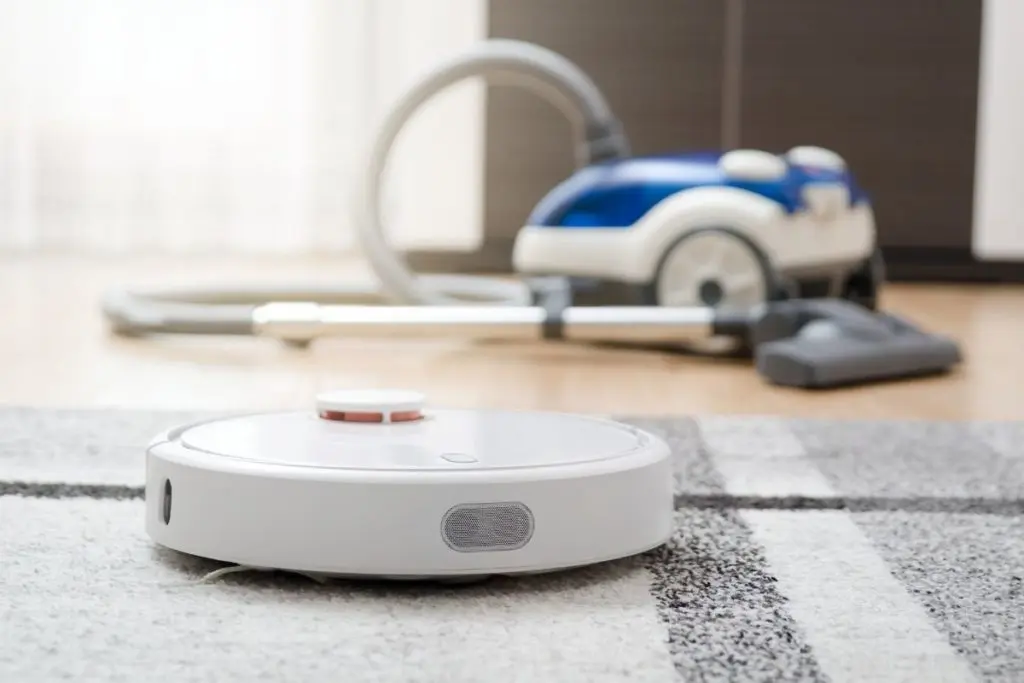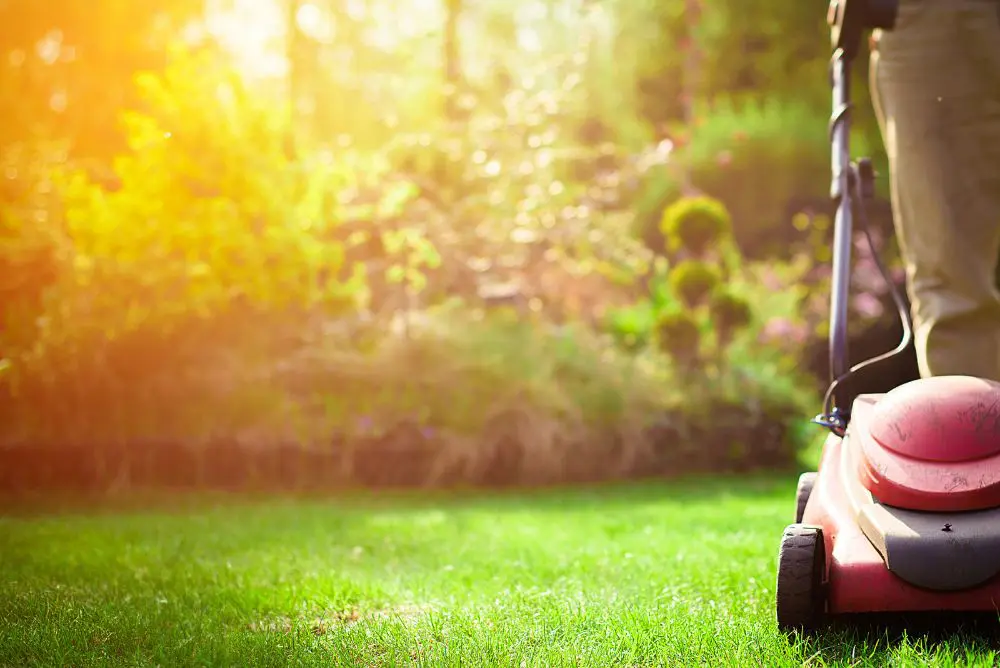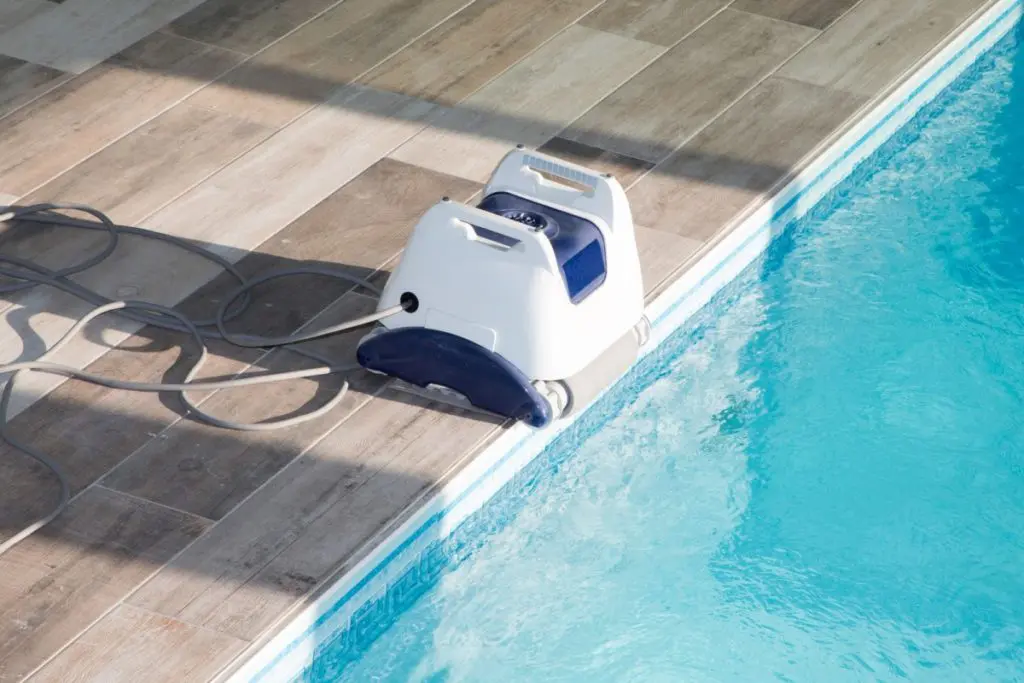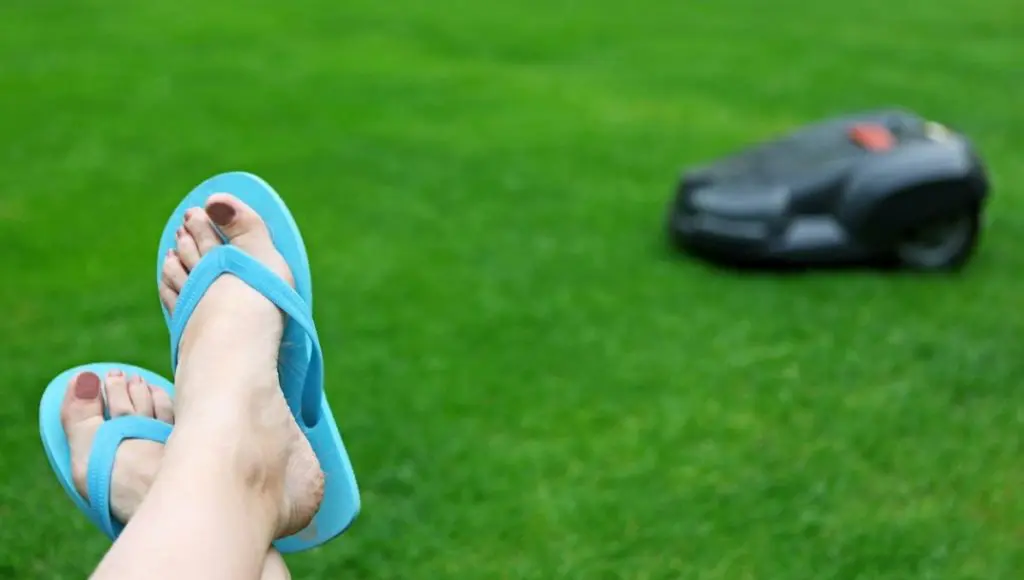Blasting the crust off your driveway, walkway or house after a long winter of neglect? Get yourself a new power pressure washer. But should you choose gas or electric? When choosing between gas vs. electric power washers, this article covers what what to consider, including a quick comparison chart.
Pressure washers are a valuable tool in the fight against grime. Pick between gas vs. electric power washer with this handy chart:
Electric Power Washer vs. Gas: A Comparison Chart
| Electric Power Washer | Gas Power Washer | |
| PSI | 1,000 – 2,400 | 2,000 – 4,900 |
| GPM | 1.0 – 1.6 | 1.4 – 4.0 |
| CU | 1,000 – 3,200 | 5,280 – 16,000 |
| Water Temperature | Hot/Cold | Hot/Cold |
| Average Cost | $110+ | $299+ |
As the chart shows, electric power washers are less powerful than gas power washers. Still, gas power washers are typically more expensive. In the world of pressure washers, though, power isn’t everything. For certain jobs, an electric pressure washer will do the trick. But sometimes, if the task calls for it, the extra power and cost is worth it.
Still have some questions? We’ll go behind the numbers in our next section.
PSI (Pounds per Square Inch)
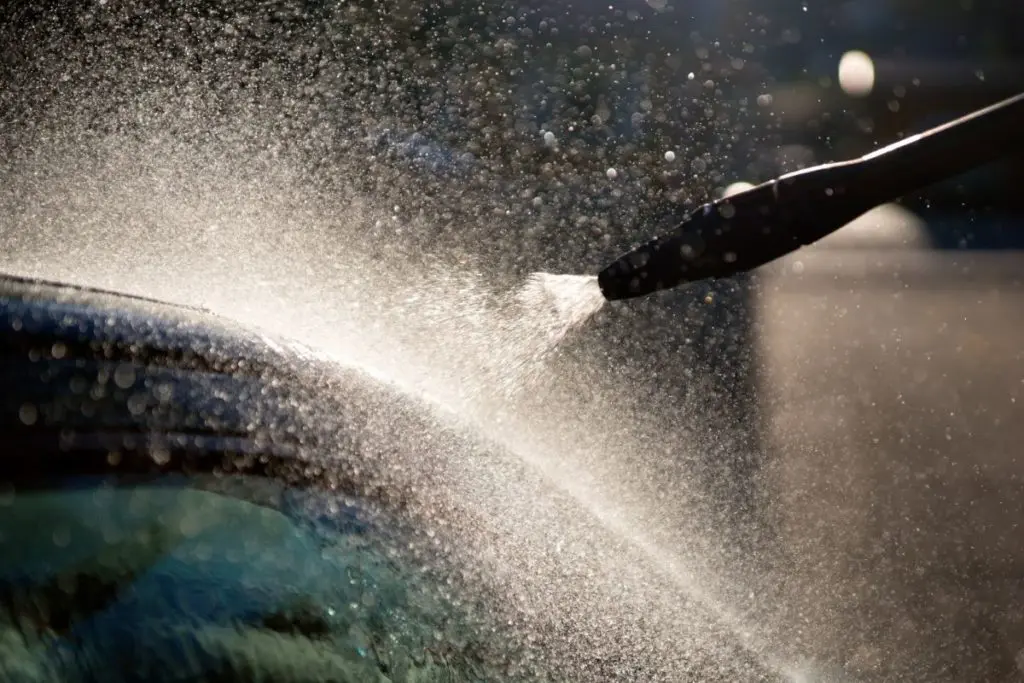
PSI stands for pounds per square inch, or the amount of water pressure the washer applies to any given area. Higher PSI may be required for a tougher job, de-mossing the shed, for example, or washing some stubborn mud off the driveway. High PSI, however, may not be the best choice to protect your 4X4’s paint job after some serious off-roading.
Here’s some additional perspective:
- The average PSI of a garden hose is between 40 and 80.
- To pressure wash your car, stick with between 1200 and 1900 PSI,
- To Power wash a house made from brick or a shed, 2500 to 3000 PSI.
- For something like vinyl siding, choose a pressure washer offering from between 1300 and 1600 PSI.
Another way to look at it is the difference between rinsing and washing. If you’re looking for an assist when rinsing something off like a tent after a camping trip, an electric power washer will more than suffice. To get something thoroughly washed, though, go for the higher PSI available from a gas pressure washer.
GPM (Gallons Per Minute)
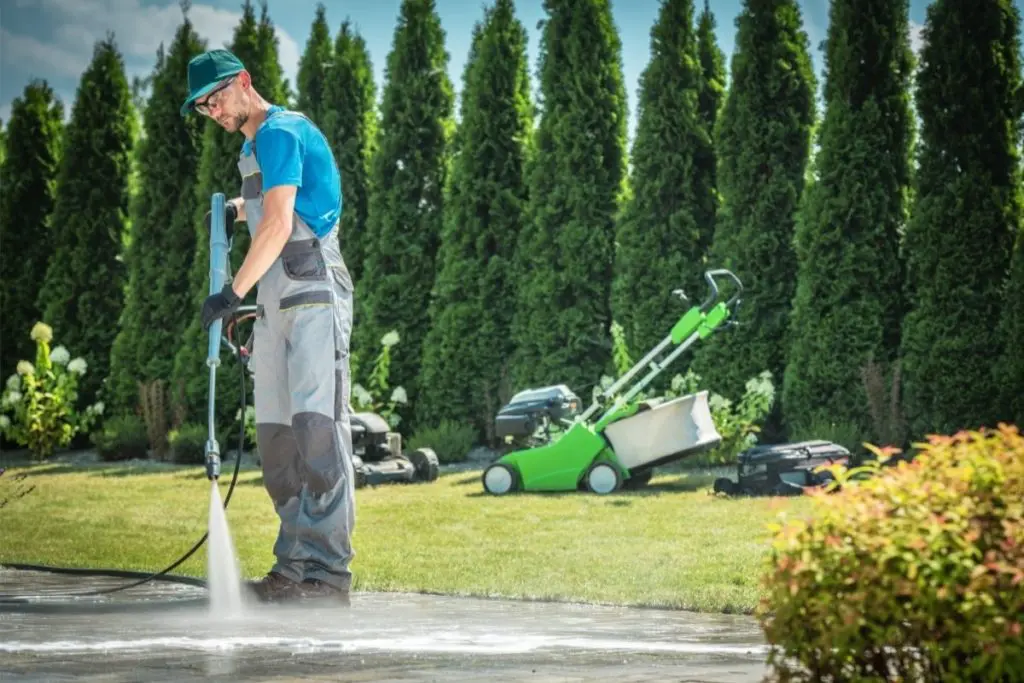
The next important metric to understand when choosing gas vs. electric power washers is the GPM, or gallons per minute. This is the volume of water pumped through the pressure washer over time.
Another way to think of it is the pressure washer’s rinsing power. It’s not the volume of water the washer produces; it’s the volume of water it can accommodate, which is important to understand. A high PSI pressure washer hooked up to low GPM won’t do you any good, so don’t invest in a high GPM pressure washer if you otherwise can’t support it. Hook a hose up to the outside of the average house, for example, and chances are you’re only getting about 2.5 GPM.
So like PSI, electric or battery-operated washers handle lower GPM. For light to medium-duty tasks, pick a washer with something like 2.0 to 2.5 GPM. For heavier-duty purposes, look for GPM from between 2.4 and 4.0.
Pro Tip:
To test your GPM, time how long it takes to fill a 5-gallon bucket. Then, divide that time, in seconds, by five, and then multiply that number by sixty, and you have your average GPM.
CU (Cleaning Units)
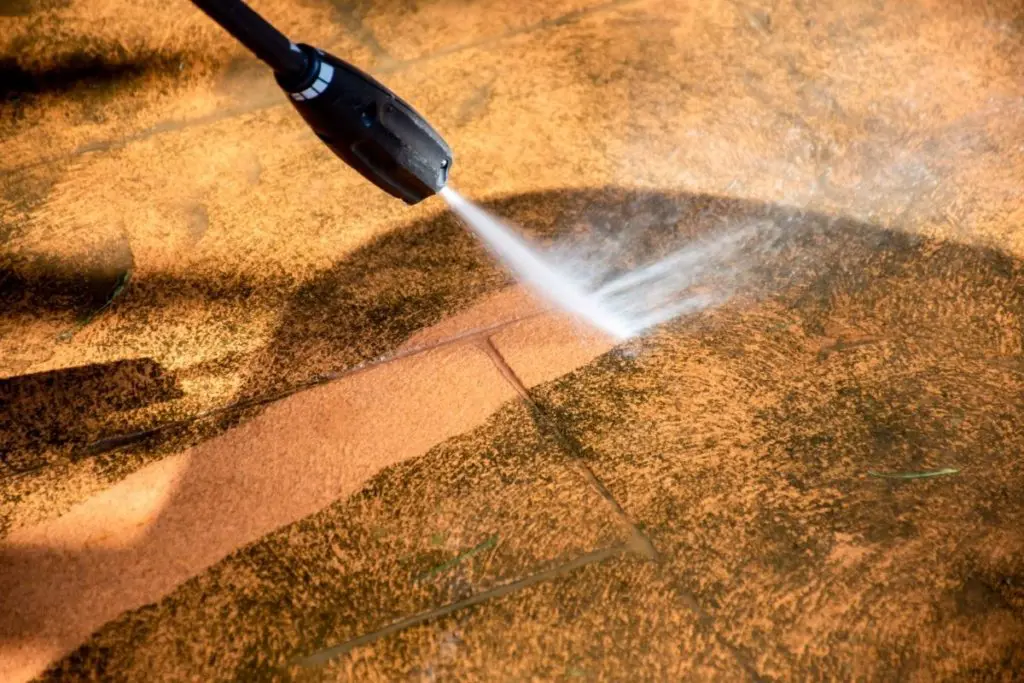
In the context of gas vs. electric power washers, CU stands for cleaning units, reached by multiplying the PSI of your pressure washer by the GPM.
A higher CU, available from a gas power pressure washer, means the pressure washer will produce bigger, more powerful spray helping you get clean what you need to get clean quickly and efficiently.
For the average light to medium around-the-house project, choose a CU from between 2,000 and 7,000. For big jobs, though, higher CU washers are available.
Water Temperature
Comparing electric vs. gas powered pressure washers on water temperature is pretty easy. There are both hot and cold water pressure washers available with otherwise pretty similar specs.
So how do you choose?
Think of it this way: hot water pressure washers are only really needed to tackle tough grease or oily grime, like in an engine, for example. It’s likely you’ll already know if you need a hot water model.
Cold water pressure washers, on the other hand, are perfectly suited for most any other kind of task, and you can even mix a little detergent in with the water for moderate grease.
For these reasons, we recommend sticking with a cold water pressure washer for anything other than heavy industrial purposes, especially since hot water models tend to be pretty expensive.
Price
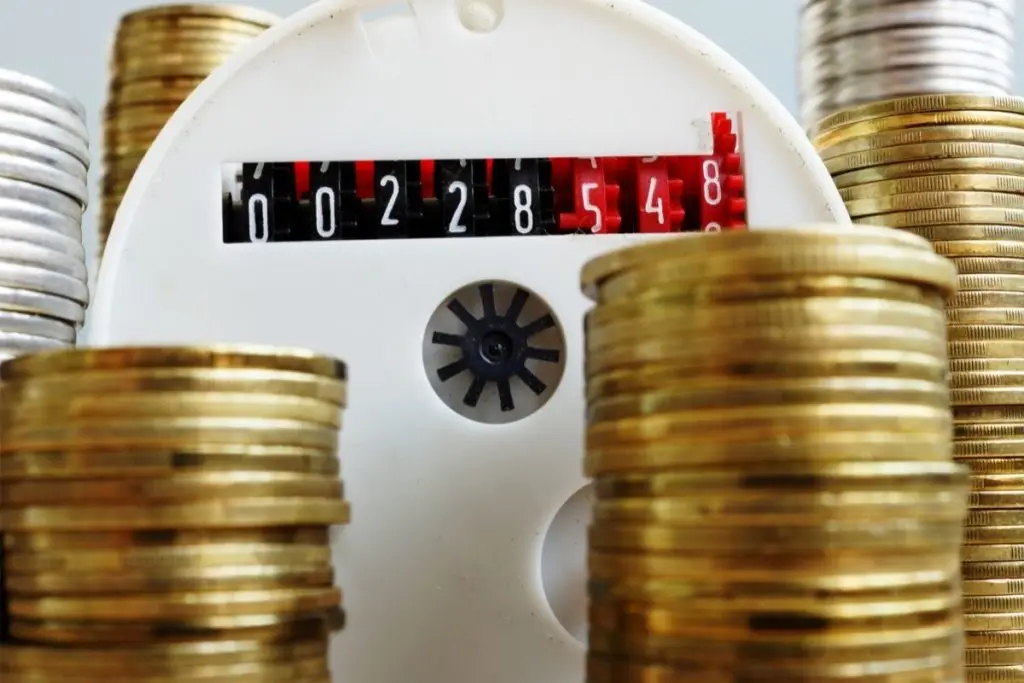
Last but not least, there’s the price comparison.
Electric pressure washers are cheaper than gas models, no question, so problem solved, right? Electric is the way to go.
Well, not so fast. Yes, electric washers are more than adequate for the occasional around the house or seasonal clean-up task, so save yourself some money and pick electric.
Gas power models, though, are more durable, with parts that are interchangeable and that can be replaced, meaning you may get more use out of a gas-powered washer over time.
Gas washers are also more powerful, so in high-use contexts, they’ll get the job done faster, letting you move on your day, and as we all know, time is money.
Powering Down: Gas vs. Electric Power Washers
One additional point to consider when choosing between a gas and electric pressure washer is that gas power models can go almost anywhere, functioning in all sorts of tough environments without a power cord. Gas models also tend to have a broader array of available attachments.
Although this problem is solved somewhat by a cordless pressure washer, it’s important to remember, electricity and water don’t mix, so do be somewhat careful where and when you use your battery-operated pressure washer.
Otherwise, the pressure washer that’s right for you depends a lot on how you’ll use it and exactly what it is you need to clean. No question gas power washers are more powerful, but they’re also more expensive. They may also be too powerful for the average and occasional around-the-house project.
While there are a lot of points to consider, one thing’s for certain: for tough outdoor cleaning, it’s best to take the pressure off and buy a power washer.
Further Reading
